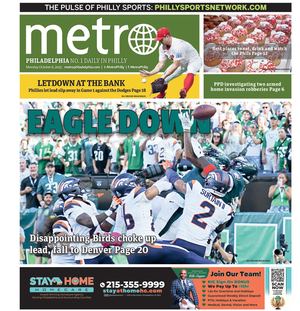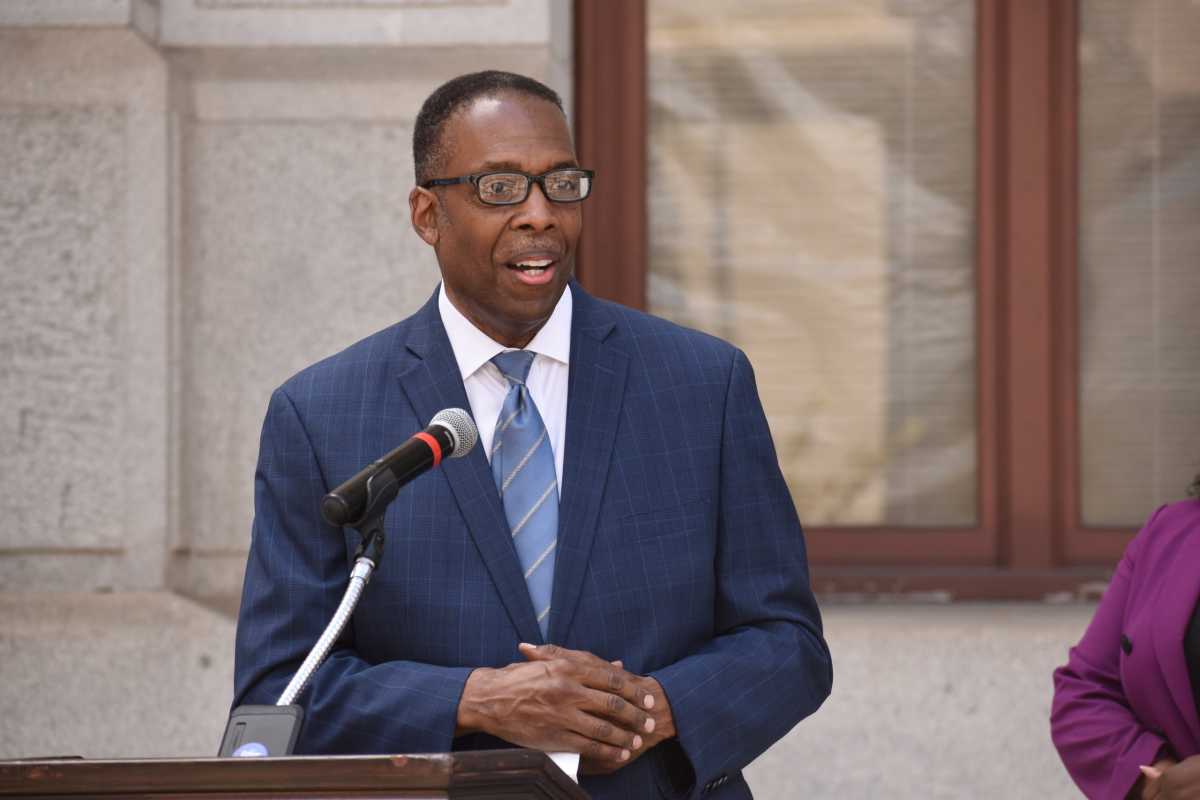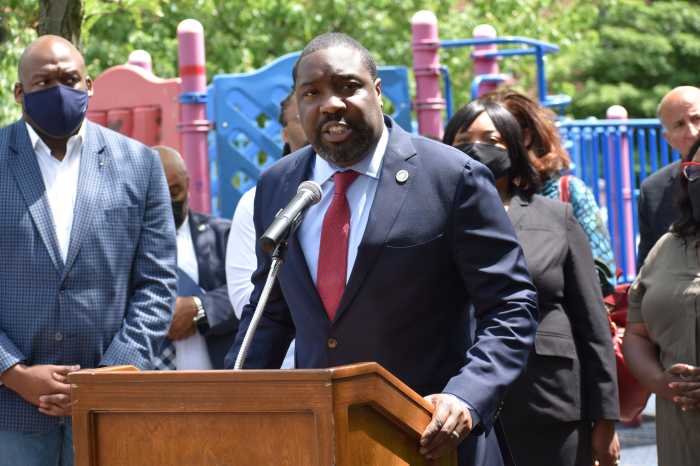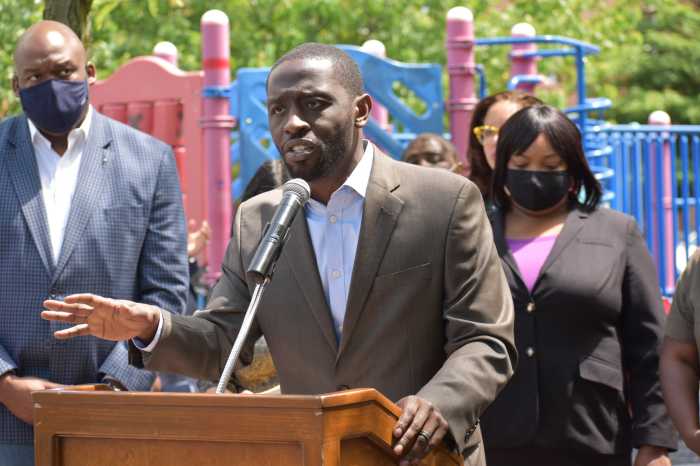City Council gave preliminary approval Thursday to a budget that would slash wage and business taxes and significantly expand popular property tax relief programs in response to rising assessments.
Lawmakers, tasked with passing a spending plan by the end of the month, reached an agreement with Mayor Jim Kenney’s administration late Wednesday night.
Councilmember Derek Green said he has been around City Hall for nearly two decades, and this budget cycle “is probably the first time that I can recall that this legislative body voted on measures to reduce real estate taxes for citizens, reduce wage taxes and also reduce business taxes.”
“It’s a lot longer than just 20 years,” added Councilmember Brian O’Neill, a Republican from the Far Northeast who took office in 1980.
Fiscal negotiations, which began in March, were upended last month, when property reassessments were released showing that total residential real estate values had risen 31%. In some neighborhoods, homeowners saw increases of around 50%.
Under the budget agreement, the Homestead Exemption would be raised to $80,000, up from $45,000, where it is now, and higher than Kenney’s post-assessment proposal, which was $65,000. The exemption is open to any owner-occupied home and is deducted from a property’s taxable value.
Another property tax relief program, the Longtime Owner Occupants Program, known as LOOP, will be capped at $35.2 million for next fiscal year. Kenney had called for a $5 million increase to the initiative’s budget, which is currently $25 million.
LOOP locks in assessments for property owners who have seen large increases. It is open to residents who have lived in their home for at least 10 years and meet income requirements.
Council also moved to reduce the business income and receipts tax, known as BIRT. The net income section of the tax will be lowered from 6.2% to 5.99%, according to the plan.
Philadelphia’s business community has long viewed BIRT as hindering the city’s economic growth, and the Inclusive Growth Coalition, a group of diverse chambers of commerce, lobbied lawmakers this year to cut the tax.
“The bulk of that BIRT tax is being paid by small businesses,” Councilmember Isaiah Thomas said. “People are making the decision every single day whether I should leave this city or whether I should stay here and continue conducting my business here.”
The wage tax, a source of revenue that accounts for a large chunk of the city’s budget, is also being reduced.
Similar to a plan laid out by Kenney after the reassessment, the rate for residents will be cut to 3.79%, from just under 3.84%. The levy for people who work in Philadelphia but live outside the city will be rounded down from 3.448% to 3.44%.
Not everybody was thrilled by the cuts, particularly progressive activists and organizations.
The Amistad Law Project, a criminal justice reform organization, rallied at City Hall Thursday, releasing a banner tied to balloons urging Council to drop the wage and business tax breaks and fund non-police mobile crisis teams.
Council’s budget agreement with Kenney retained the mayor’s proposed $184 million in funding for anti-violence efforts, amid record-high rates of shootings and homicides.
An extra $6 million was incorporated for the City Commissioners, and the Free Library of Philadelphia will get an additional $2.6 million. The budget includes $250,000 to recruit new police officers.
The deal also calls for funding to keep recreation centers open on weekends and additional money for street lighting, removing abandoned vehicles, investigating and cleaning up illegal dumping, and combating blighted properties, Council officials said.
“By my count, we’ve added over $26 million in operating and capital line items that will really improve the look and feel of our neighborhoods,” said Councilmember Jamie Gauthier, who represents West Philadelphia.
Though Council released a rundown of how the agreement differed from Kenney’s initial budget proposal, a department-by-department spending plan was not available Thursday.
Lawmakers were able to commit to the additional spending, along with the tax breaks, because the city pulled in $155 million more in revenues than expected during the third quarter of 2022, according to the city managers report.
“We are in the process of updating the revenue estimates based on the final package of tax rate and relief bills but initial analysis indicates that we can afford these changes,” Kenney spokesperson Kevin Lessard told Metro.
Kenney, on Twitter, thanked Council on Thursday and indicated he would sign the budget, which is expected to go up for a final vote June 23, after which city legislators go on break until September.





























